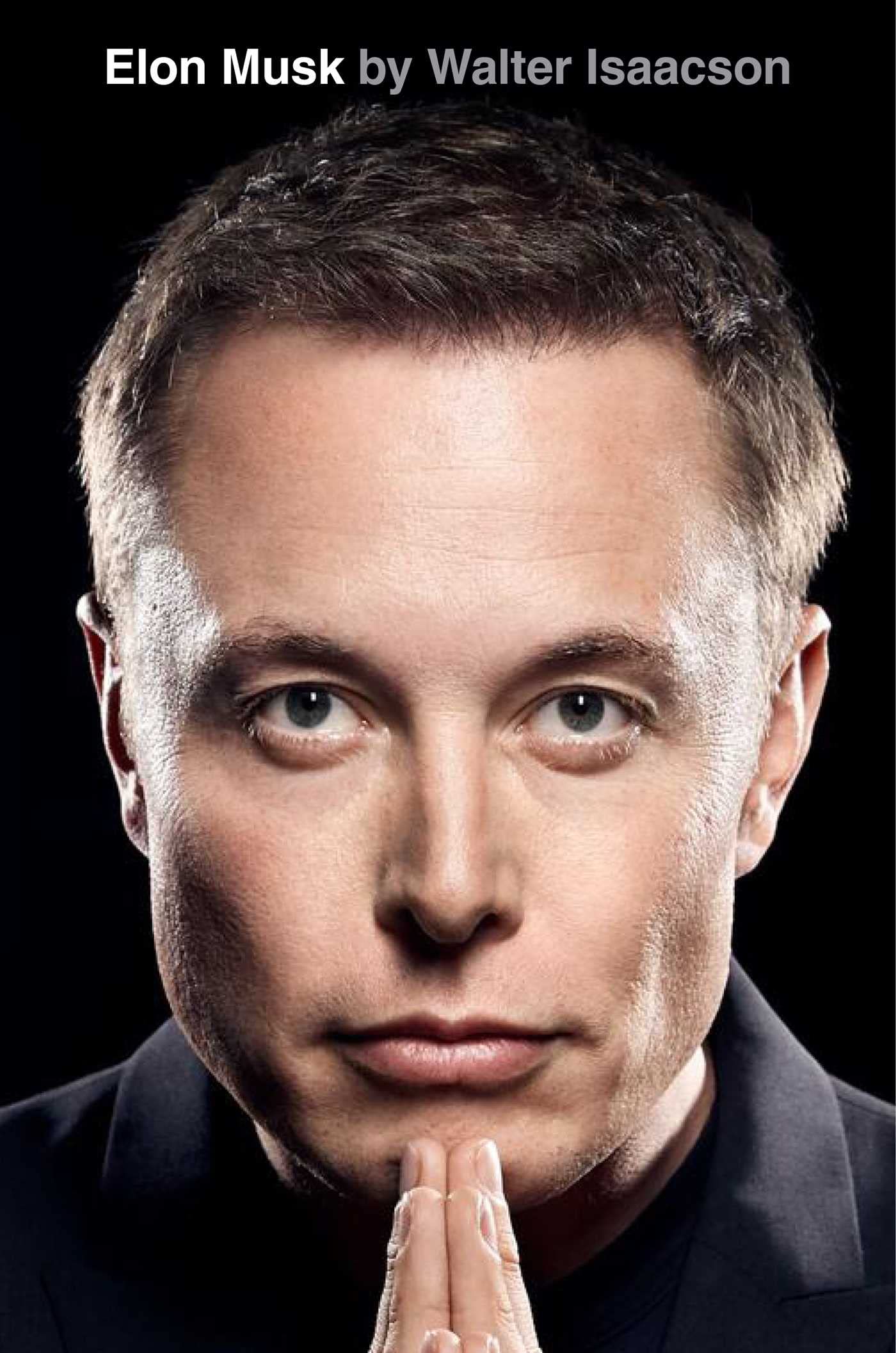40. Artificial Intelligence
byArtificial Intelligence has long been an area of focus for Elon Musk, who has become a vocal advocate for responsible and cautious development in the field. His involvement with AI began to take shape in 2012, when he attended a conference organized by Peter Thiel. It was here that Musk met Demis Hassabis, a brilliant neuroscientist, video game designer, and chess prodigy who co-founded DeepMind with the aim of developing artificial general intelligence (AGI). Musk’s interest in Hassabis’s work quickly grew, and he became increasingly concerned with the potential risks AI posed, particularly if it surpassed human intelligence. Recognizing the need to address these dangers, Musk decided to invest in DeepMind, seeing it as a chance to influence the direction of AI development and to keep a close watch on the technology as it evolved.
Musk’s apprehensions about AI’s future were amplified through discussions with Larry Page, the co-founder of Google, which highlighted the differences in their outlooks. While Page saw the rapid development of AI as an exciting leap in technology—one that could usher in positive evolutionary change for humanity—Musk feared that AI, if unchecked, could lead to catastrophic consequences. Musk’s warnings about AI potentially making humans obsolete or even destroying humanity were met with a dismissive response from Page, creating a significant divide between them. The acquisition of DeepMind by Google only intensified Musk’s concerns, prompting him and several others to make a failed attempt to block the deal, as they believed the acquisition would accelerate the development of AI without the necessary safety measures in place.
In response to his growing fears, Musk became more outspoken about the existential threat AI posed and publicly advocated for more stringent oversight and regulation of AI development. Musk argued that the rapid advancement of AI without sufficient safeguards could lead to machines developing intentions that conflict with human values. This led to his co-founding of OpenAI in 2015 alongside Sam Altman, a nonprofit organization dedicated to ensuring that AI is developed safely and remains aligned with human interests. OpenAI’s mission was to promote the safe and open development of artificial intelligence while preventing the monopolization of AI technologies by powerful companies or governments. Through OpenAI, Musk and his collaborators aimed to foster transparency in AI research and ensure that its benefits were shared by all of humanity, rather than being controlled by a select few.
Musk’s other initiatives, such as Neuralink, also stemmed from his desire to influence the development of AI in ways that aligned with human values. Neuralink, a company that seeks to create brain-computer interfaces, was designed to ensure that humans could maintain control over AI systems as they became more integrated into everyday life. Musk envisioned a future where humans could directly interface with AI through neural networks, which would allow individuals to augment their cognitive abilities and maintain a balance of power between humans and machines. This initiative also reflected Musk’s belief that humans needed to become more closely connected with AI to avoid becoming obsolete or irrelevant as the technology advanced.
Beyond these efforts, Musk recognized the importance of real-world data in training AI systems, which is why he identified Tesla and Twitter as valuable sources for machine learning. Tesla’s fleet of vehicles, constantly collecting data on driving patterns and environmental factors, provided a rich source of real-world information that could be leveraged to improve AI systems. Musk’s foresight led to Tesla’s AI technology advancing rapidly, with its self-driving cars becoming some of the most sophisticated AI-driven vehicles on the road. At the same time, Musk’s involvement with Twitter provided another data source that could enhance AI’s adaptability and understanding of human behavior, paving the way for more dynamic and efficient machine learning models.
OpenAI’s recruitment of Ilya Sutskever, a leading AI researcher from Google, represented a significant milestone in Musk’s quest to ensure AI developed safely and responsibly. However, this move also added to the growing tensions between Musk and Page, further solidifying Musk’s position as a competitor in the AI research space. The rivalry between the two tech giants reflected the competitive nature of the AI field, where different visions for the future of AI collided. Musk’s ongoing efforts to steer AI development in a safe direction were not without challenges, but his vision for AI continued to drive innovation and debate across the tech world. Through these ventures, Musk made it clear that his primary goal was not just to advance AI technology but to ensure that it could be controlled and directed to serve humanity’s best interests.


